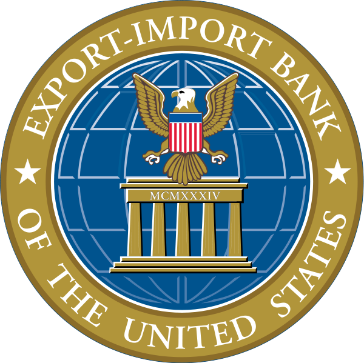
Export Import Bank and US nuclear reactor exports
Nuclear technology export is a large but often overlooked domestic American industry. It is expected to generate approximately three quarters of a trillion dollars over the next decade for American companies. Despite being one of the worldwide leaders in reactor technology and export for the past four decades, the US position of nuclear market dominance is currently in peril. Congress is currently considering the authorization of the Export-Import (Ex-Im) Bank. US House Financial Services Committee Chairman Jeb Hensarling has pushed for the bank to lose its authorization on June 30th, 2015. Although a majority of Congress seem to support the reauthorization of the bank, Chairman Hensarling has blocked the reauthorization from leaving his committee and has not allowed the bill to go to a general vote. The Ex-Im Bank is a key asset for American companies that require financing for international projects. This financing is vital for the US nuclear energy industry. According to the Nuclear Energy Institute Vice President of supplier and international programs Dan Lipman,
“In the civilian nuclear business, foreign customers won’t make a deal with you if you don’t have Ex-Im-type financing lined up. The leading nuclear energy supplier nations such as Russia, South Korea, Japan and France provide their suppliers with multiple forms of support, including strong trade finance. Every U.S. company that exports nuclear goods would suddenly find itself at an extreme disadvantage in global markets, resulting in lost sales and lost jobs… [F]or nuclear power exports, up to $740 billion over the next decade is forecast. For all types of exports, in 2014, the (Ex-Im) bank provided financing or guarantees for $27.5 billion in U.S. exports, supporting more than 164,000 American jobs at 3,300 companies. Without that financing, those jobs are in jeopardy.”
Russia gives its nuclear power companies generous financing directly from its treasury, granting interest rates well below agreed upon OECD limits. Russia was able to win the bid for two reactors in Hungary, and the below-market-price financing was cited as one of the key reasons. France, Japan, and South Korea similarly support their domestic nuclear export industries, including trade finance and taxpayer funding. If the Ex-Im bank is closed then American nuclear companies will struggle to compete in the global marketplace.
In the past the Ex-Im bank has provided funding for nuclear export projects to Taiwan, South Korea, Mexico, Spain, Brazil, the Czech Republic, Bulgaria, United Arab Emirates, and Romania. This funding goes not only to major nuclear companies, but also to smaller American supply chain companies vital to the domestic nuclear energy industry. Without financing, US nuclear companies will rapidly lose global market share which could set the industry back significantly. The Ex-Im bank must be reauthorized to support, the American nuclear industry and American jobs.





